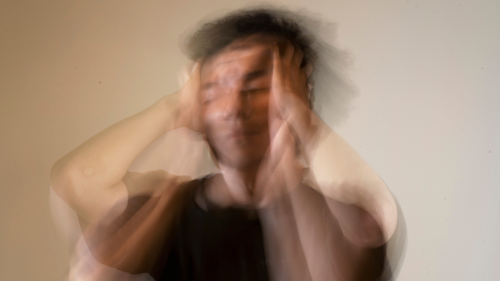Emotional Paralysis and When Neither Sadness nor Joy Can Touch You
There are moments when emotions seem to have turned off. You no longer
cry, but you also don't laugh like before. Things that used to excite you now
seem indifferent. It's as if you are on pause, watching life from the outside,
unable to truly feel it. This is called emotional paralysis.
This emotional disconnection arises after going through painful,
stressful, or prolonged situations. The emotional system, overloaded, begins to
block responses to protect you. You no longer feel sadness because it hurt too
much. But you also don't feel joy because the emotional defense has become
generalized.
You Put Up a Wall Against Yourself
It is not a lack of sensitivity or coldness. It is a form of survival.
The problem is that by blocking emotions, you also distance yourself from
yourself. You lose motivation, enthusiasm, connection with others. You start
living on autopilot, fulfilling routines, but without enthusiasm or meaning.
Sometimes even the body notices it, with constant fatigue, insomnia, or lack of
appetite.
Emotional paralysis is not always easy to identify. Many people believe
they are simply "fine," but in reality, they are disconnected. They
avoid talking about what they feel, do not react to important moments, and do
not remember the last time they felt truly alive.
Getting Out of This State Requires Patience and
Self-Compassion
It is not about forcing yourself to feel, but about allowing yourself to
reconnect little by little. Start by noticing what you feel, without judging
it. At first, you may only identify emptiness, fatigue, or confusion. That's
okay. It's part of the process.
Work on Connecting
Look for small moments of connection. Listen to a song, walk outdoors,
watch a movie that used to excite you. Even if you don't feel anything at
first, you are planting signs of emotional life. And that matters.
Talking to someone you trust also helps. Sometimes, putting into words
what seems inexplicable frees up space for new emotions. And if you feel you
can't do it alone, seek professional support. A psychologist will help you
reconnect with your emotional world safely and progressively.
Emotional paralysis is not forever. It is a pause that your mind created
to protect you. But you can feel again, enjoy, and get excited. There is no
rush, but there is hope. Because your ability to feel is still there, waiting
to be awakened.



